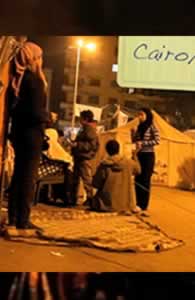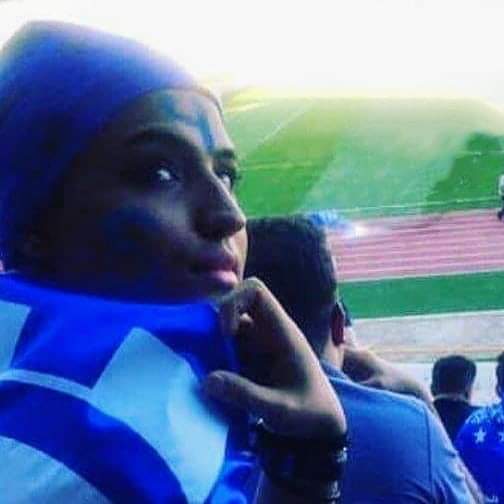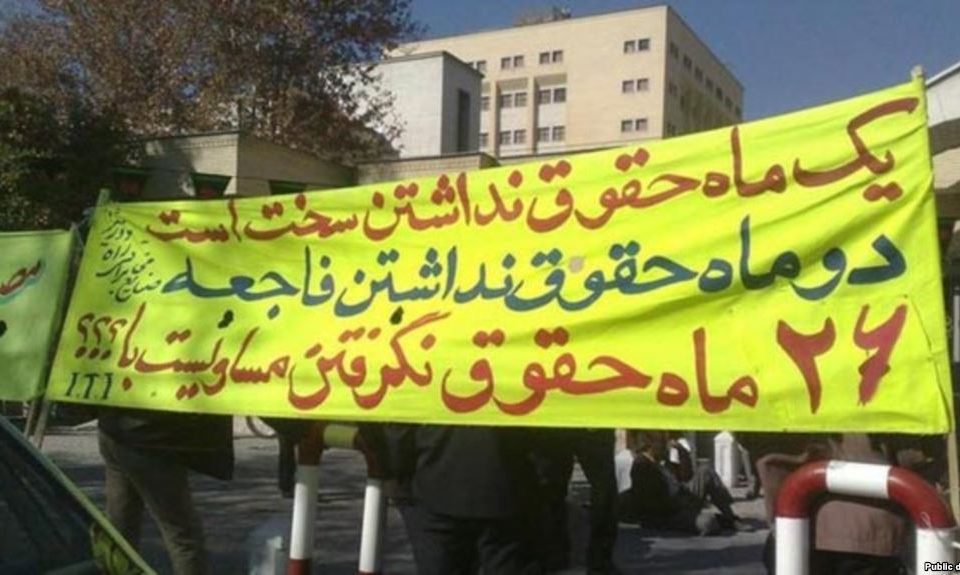
Egypt — Punishing Pro-Democracy NGOs
February 7, 2012
NGOs around the world Condemn Persistent Crackdowns on Egyptian Civil Society and reject disabling draft NGO Law
February 11, 2012Newsletter #2 | February 5 2012
In the lead up to the upcoming parliamentary elections, Iran is cracking down on free expression and civil society organizations. Netizens, bloggers, and reporters have found themselves swept up in a wave of arrests; passage of the Islamic Penal Code further codifies human and civil rights violations into law; and one of the Islamic Republic’s longest running civil society organizations is shut down.
Crushing Expression
The end of January 2012 witnessed a further escalation in human rights violations in Iran. The ongoing repression continued with the arrest of three journalists: Saham-aldin Bourghani, Parastoo Dokoohaki, and Marzieh Rasooli. The arrests of Mohammad Solimaninya, a website administrator and owner of Social Network for Iranian Professionals (www.u24.ir) that hosts and designs a number of civil society websites, ten Sunni Muslims in Ahwaz, as well as the shocking confirmation of the death sentence for Iranian-Canadian Saeed Malekopour, are just a few examples of the human rights situation in Iran in January alone.
Threats Against Family Members of BBC Persian Staff
It didn’t end there either. In the first week of February, BBC Persian revealed that at least ten of their reporters had familiy members and relatives being harassed in Iran. “It is impossible to miss the pattern of arrests and intimidation from the regime against those who challenge the dominance of its hold on information,” says Arseh Sevom board president, Bert Taken. “We saw a sharp rise in arrests before the 2009 elections as well. This was particularly the case with women’s rights activists, reporters, and bloggers. The harassment of the families of human rights defenders, journalists, and others is a new low for Iran. We know the mother of an imprisoned human rights defender was imprisoned simply for speaking with the international media. Arseh Sevom asks the Iranian government to rescind these policies and to respect its citizens’s freedom of speech as guaranteed by its own constitution.” To read more, click here.
A Separation and a Disappearance
On another note, ‘cinema’ continued to be a center of focus within the Iranian social arena. With the Iranian film, A Separation, received critical praise all over the world, topping the list of one of America’s favorite critics, Roger Ebert, who wrote:
It is specifically Iranian, but I believe the more specific a film is about human experience, the more universal it is…This film combines a plot worthy of a great novel with the emotional impact of a great melodrama. It involves a struggle for child custody, the challenge of a parent with Alzheimer’s, the intricacies of the law, and the enigma of discovering the truth. In its reconstruction of several versions of a significant event, it is as baffling as ‘Rashomon.’
As the director, Asghar Farhadi, was accepting awards, one of the Islamic Republic of Iran’s oldest civil society organizations was coming under attack. Iran’s House of Cinema (The Alliance of Motion Picture Guild — in Persian: Khaneh Cinema) was “disappeared” by a governmental decree. Their crime was apparently the “secret” revision of some bylaws. Arseh Sevom tracked the events leading up to the ban on the House of Cinema. The result is an interactive timeline which can be viewed online by clicking here.
Islamic Penal Code Codifies the Violation of Human and Civil Rights
In January 2012 Arseh Sevom also worked with United4Iran to spearhead a letter writing campaign protesting the imminent passage (now approved by Iran’s Guardian Council) of the Islamic Penal Code. This bill is already being implemented in Iran on an exploratory basis. You can read more online by clicking here.
It’s not too late to join in and send a letter. Click here to add your voice to the protest.
Highlights from Arseh Sevom’s Persian website
The unprecedented experience of two revolutions in chronological proximity and a lot of bloodhshed has convinced Iranians that they would be better off finding solutions to improve and open their society using non-violence and civil and democractic movements. Learning such techniques can take days or months or even a lifetime depending on factors such as the needs of the campaign, timing, available experience, and the level of participation by stakeholders. Arseh Sevom’s guide to non-violent campaigns can be found by clicking here: http://www.arsehsevom.org/archives/737 (in Persian).
Less than a month is left before the upcoming parliamentary elections in Iran. State media inside the country have started their efforts to attract people to the ballot boxes. The significance of this particular election lies in the fact that it is going to be the first national event of its kind since the disputed presidential election in 2009. The question that remains is whether it is advisable to participate in elections under the current situation and in light of 2009 or a boycott is a more suitable choice? In short: “Election Boycott, Yes or No?” To read in Persian click here: http://www.arsehsevom.org/archives/746.
For the past 32 years there has been a complex relationship between the Iranian cinema industry and the Islamic republic. There is a silver lining in all this, however. Iranian cinema actors and activists alike are now more unified than ever. Their unanimous criticism of the dissolution of their independent civil alliance, the House of Cinema, has raised sympathy and gained momentum among other fractions in the colorful Iranian mosaic of civil society activists and even political figures. Asghar Farhadi’s ‘A Separation’ has been met with universal acclaim and nominated for at least three Academy Awards. To read more in Persian, click here: http://www.arsehsevom.org/archives/743.
Share Us, Like Us, Follow Us
Arseh Sevom works to promote civil society in Iran and Persian-speaking communities. Please help us by sharing this newsletter with your friends and colleagues.
You can join the conversation by liking us on Facebook and following us on Twitter at the following addresses:
Facebook (English): https://www.facebook.com/ArsehSevom.EN
Facebook (Persian): https://www.facebook.com/ArsehSevom
Twitter: @Arsehsevom
Balatarin (Persian): https://balatarin.com/users/arsehsevom






